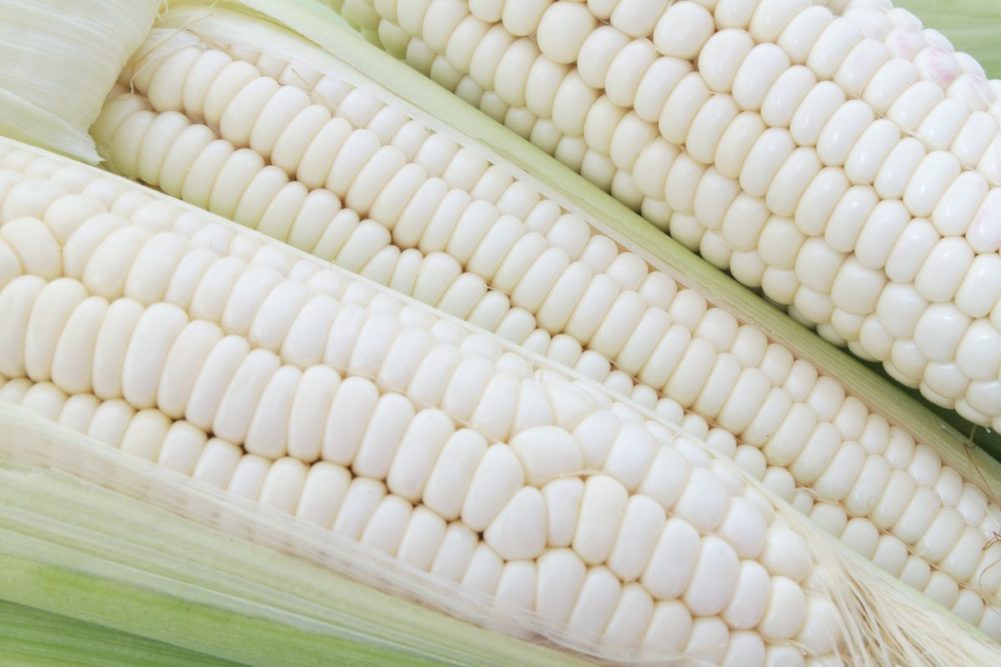MEXICO CITY, MEXICO — Mexico will subject white corn, a staple local food crop, to a 50% export tax until June 30, saying it is necessary to guarantee supply and price stability, Reuters reported, citing a government decree.
“The supply and production of white corn in our country are important factors in determining its price and, therefore, of the various consumer products made from it,” the decree published in Mexico’s official gazette said.
Mexico produces mostly white corn, which is used for human consumption and for tortillas, a staple in the Mexican diet. Mexico is estimated to have produced almost 23 million tonnes of white corn in 2022, according to the most recent data from the Agriculture Ministry. Most of the corn is consumed locally and only a small amount is exported.
Mexico exported just 238,000 tonnes of white corn between January and October in 2022 and imported 614,000 tonnes during the same period, ministry data shows. Mexico is self-sufficient in white corn, but is dependent on imports of yellow corn, which mainly is used for livestock feed and is bought almost entirely from the United States.
Both countries are currently at odds over Mexico President Andres Manuel Lopez Obrador’s decree to ban genetically modified (GMO) corn and phase out the herbicide glyphosate by 2024.
US Agriculture Secretary Tom Vilsack has said the administration of President Joe Biden is unwilling to compromise on Mexico’s proposed ban on corn grown using biotechnology and certain herbicides. Mexico has pushed the proposed ban from 2024 to 2025.
US white corn exports to Mexico’s food processors and tortilla makers comprise a much smaller volume than feed corn. Lopez Obrador has said he would await the results on new safety studies on feed corn but was not flexible on banning biotech white corn for processing. Mexico imports about 17 million tonnes of GM corn per year, and the United States is its top supplier.
Vilsack has said that ifan acceptable resolutioncannot be reached “the US government would be forced to consider all options, including taking formal steps to enforce our legal rights under the USMCA (US-Mexico-Canada-Agreement).”




